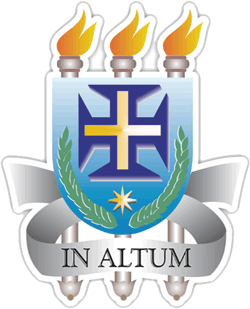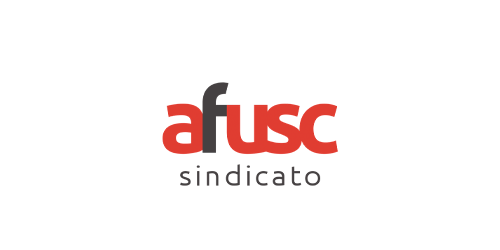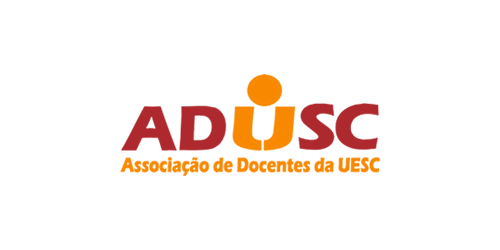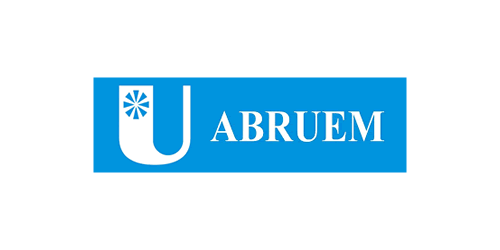Professional Graduate Program in Education
Objectives
General
The main objective of the Graduate Program (Master’s and Professional Doctorate) in Education is to develop master’s and doctoral graduates who are critical researchers dedicated to addressing educational issues through intervention-oriented research. These individuals are committed to advancing Brazilian society while acknowledging its diverse sociocultural contexts. By combining scientific inquiry with educational practice, the program promotes teacher education that fosters an appreciation for cultural diversity. The program aims to equip master's and doctoral graduates—education professionals—with the skills and knowledge required to fulfill their roles within educational systems. With a focus on teaching and management, graduates will address the complexities of education and learning. Through their work, they will apply the knowledge produced, grounded in rigorous methodology and scientific and technological principles, to effect meaningful change in the environments where they operate.
Specific Objectives
- To prepare professionals who contribute to the development of solutions to educational problems across various areas of action, with a focus on local, regional, and national development.
- To support the development of education professionals, grounded in theoretical-methodological principles and scientific and technological foundations. This includes valuing professional experience and bridging the gap between theory and practice, fostering a spirit of inquiry, and promoting innovation and excellence in teaching and educational management. The goal is to initiate changes in pedagogical practices, literacy education, and school administration from a critical perspective, thereby enhancing the quality of basic education and contributing to local and regional development.
- To educate master’s and doctoral graduates who are attuned to and aware of the importance of democratic participation and education as a practice of liberation and consciousness-raising. This involves addressing and proposing actions that recognize and honor the traditional cultures of Southern Bahia, alongside issues of race, gender, and sexuality, all aimed at advancing local, regional, and national development.
- To engage with the regional community through intervention-based research that recognizes and honors traditional cultures and addresses ethnic-racial, gender, and sexuality issues, with the aim of contributing to local, regional, and national development.












